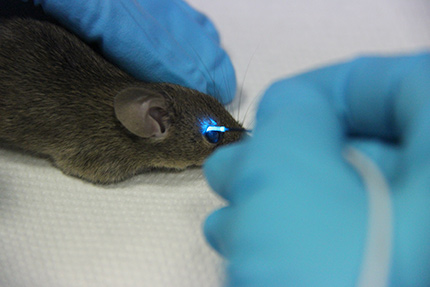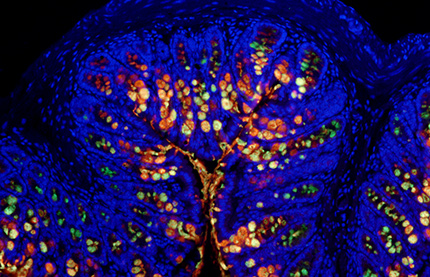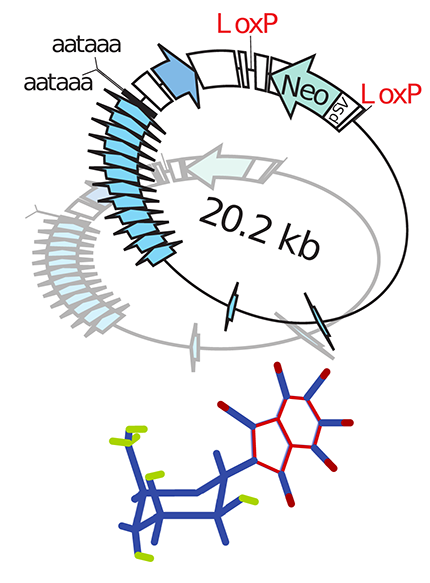Based on the strong expertise of its first teams in the area of Inflammatory Bowel Diseases, INFINITE now develops a global scientific approach of inflammation, that extends to cystic fibrosis, lung fibrosis, multiple sclerosis (MS), scleroderma, immune responses, transplants, etc. Relying on a multidisciplinary approach that is almost unique in the world, INFINITE has 3 primary objectives.
The identification of nutritional, environmental, immunological and bacteriological causes of pathological inflammatory events and the development of new experimental animal models

Although the etiology of most chronic inflammatory diseases is not yet known, their activation is known to be due to the combination of several genetic and environmental factors. INFINITE develops several in vitro and in vivo targeted research programs to determine the role of the environment, intestinal flora, diet, specific antigens and pollutants in these processes.
The discovery of early biomarkers of inflammatory diseases and of their progression

Our objectives are to identify predictive biomarkers of the onset and progression of inflammatory diseases: micro-organisms, nuclear receptors (PPARs, LRH, etc.), nutrition, mucins, molecular signature of B/T lymphocytes, etc.

The development of new treatments: chemical compounds, cell therapies, immunotherapies or nanotechnologies
On the basis of the basic research projects conducted by our groups, INFINITE develops new therapeutic agents, from molecular modeling to testing. These efforts lead to clinical trials in healthy subjects and patients in the Clinical Investigation Centers.
Four lines of research were defined:
- The development of new molecules for the therapeutic targets of inflammation, fibrosis, pain, etc.
- The development of targeted cell therapies
- The investigation of targeted immunotherapy (enzyme P28GST)
- The development of new IBD-specific pharmaceutical forms, including nanoparticles, in order to improve the therapeutic effects and the administration of molecules